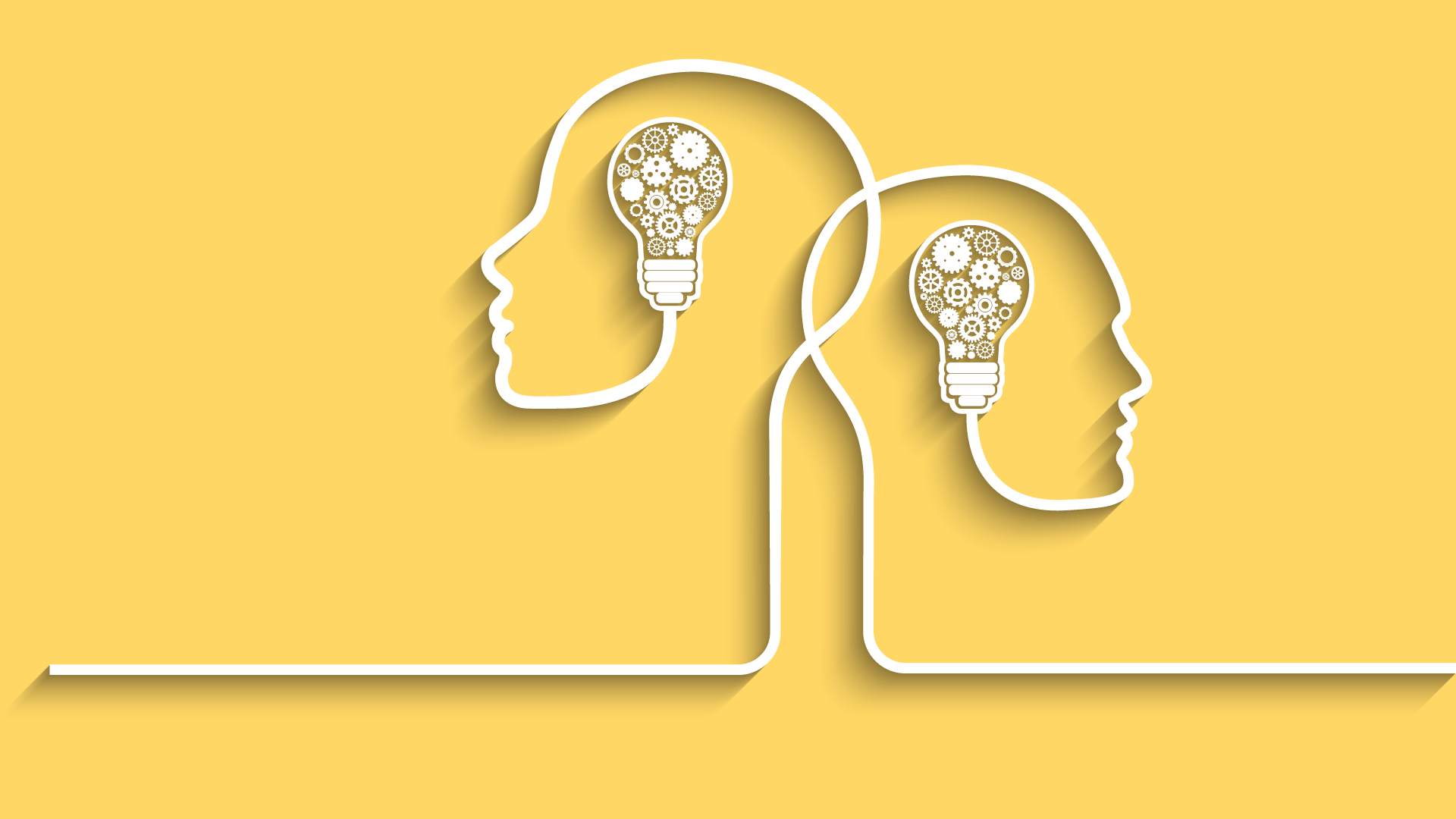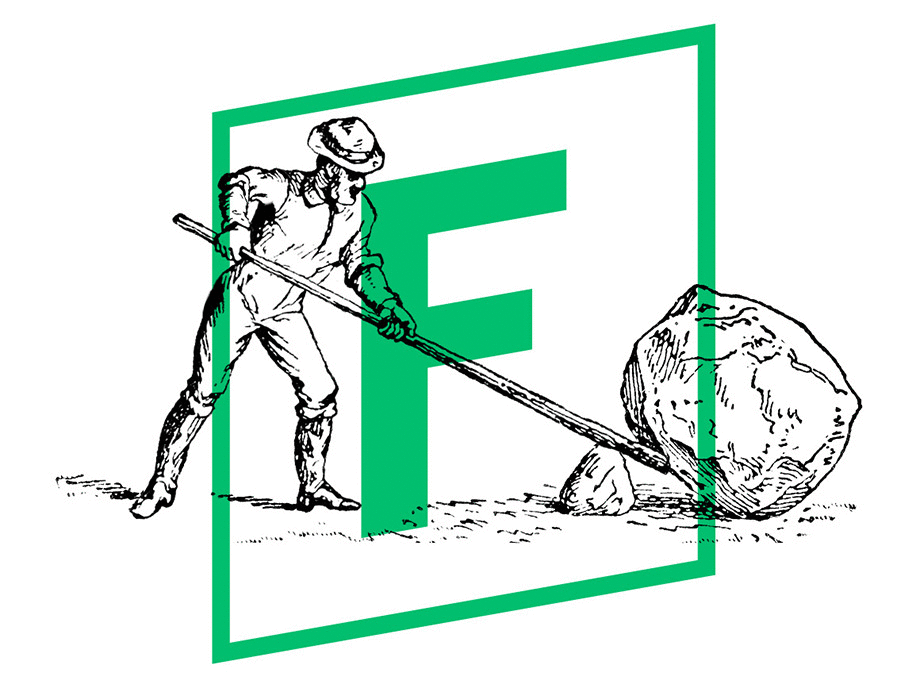
What Is Adaptive Learning?
According to Huffington Post, “three advancements, in particular, have done much to change the education landscape. These three are adaptive learning software, online education, and massive open online courses.”
Corporations have adopted online and MOOC-type learning at scale. But Adaptive learning is an important training technology that has not gathered adoption in the corporate setting. Here’s a primer on what this transformative technology is and the benefits of incorporating this type of learning in corporate and compliance training.
Adaptive Learning is a part of the broader umbrella of personalized learning that typically relies on technology to customize the learning experience based on the needs of each individual learner. Here’s how the authors of a white paper commissioned by the Gates foundation and titled Learning to Adapt: A Case for Accelerating Adaptive Learning in Higher Education, defined the concept.
“Adaptive learning is a sophisticated, data-driven, and in some cases, nonlinear approach to instruction and remediation, adjusting to a learner’s interactions and demonstrated performance level, and subsequently anticipating what types of content and resources learners need at a specific point in time to make progress.”
Let’s unpack that definition, shall we?
Data-Driven
Data has always played a role in learning, but historically, instructors haven’t had a lot of data to work with beyond test scores and grades. When we say data-driven in the context of adaptive learning, what we really mean is the ability to quantify and analyze each learning engagement. That data, therefore, is a lot more granular, and as result, it takes on greater meaning because we can isolate what the learner knows and what concepts need further instruction.
Adjusting To The Learner
There’s no “right” way to learn something because we all learn differently. The advantage of adaptive learning is that it starts from the premise that all of us learn best when the learning experience is customized to meet our needs.
In some cases, that may mean making performance-based adjustments. In other cases, it may mean taking a nonlinear approach to instruction and remediation. Or, it may mean presenting the material in different mediums based on the individual’s preferred learning style.
Predictive
Adaptive Learning uses complex algorithms and predictive analytics to constantly assess a learner’s performance and engagement. These algorithms can predict what an employee knows down to a single learning objective and at what level of understanding: Is it merely rote memorization or can the learner apply the knowledge through analysis and critical thinking? This prediction can help reduce risk for compliance heavy industries, maximize efficiencies for process driven jobs, and greatly reduce the amount of time spent training.
If budget were no object, imagine the training advantage of each employee having their own personal tutor. To the extent that this is possible, adaptive technology allows us to replicate the advantages of a one-on-one learning experience. Adaptive technology is a scalable way for our partners and their learners to get the benefits of having a dedicated tutor for each employee, tutoring their employees on their content and learning objectives.
Have a project that would benefit from a one-on-one style learning experience? We love a challenge and would love to help.
